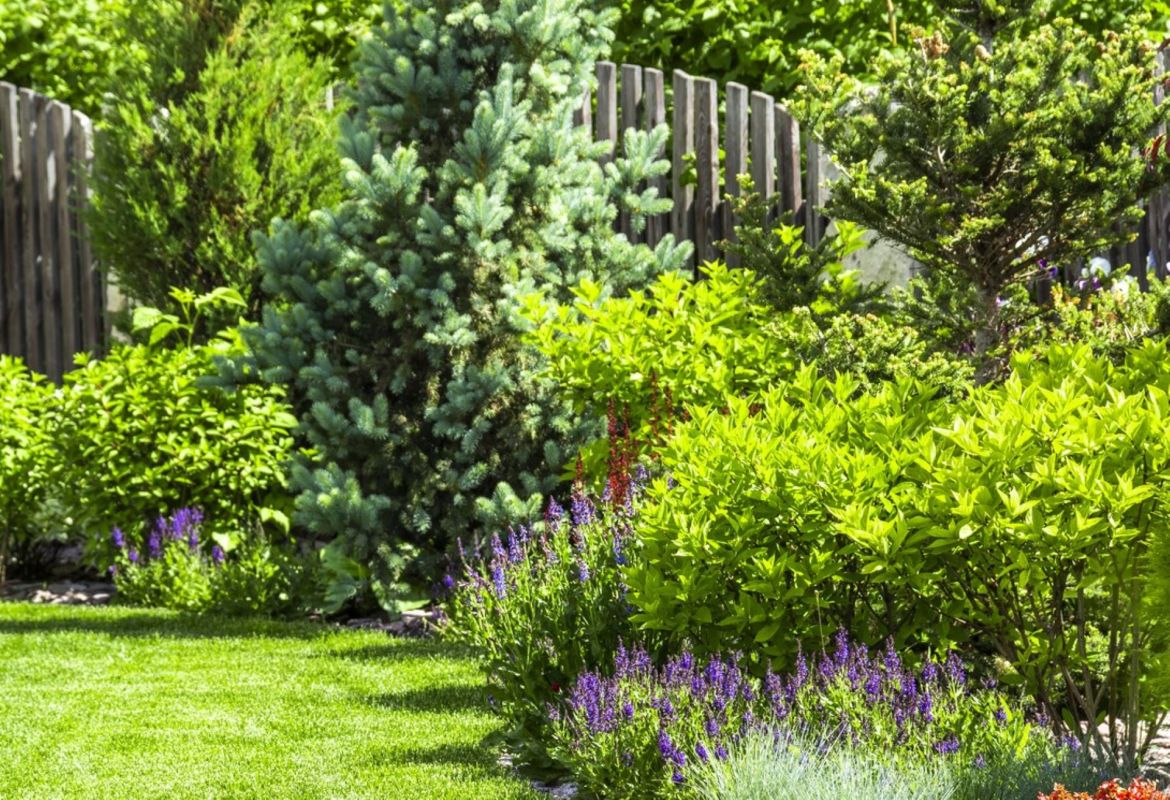Your yard is one of your key connections to nature and one of the places where you can have the biggest environmental impact.
An eco-friendly approach to lawn care and gardening can save you hundreds of dollars, and over the lifetime of your yard, that could turn into thousands.
It also keeps literal tons of pollution and toxic chemicals out of the air, water, and soil, reduces your household trash by about 2,000 pounds over 10 years, and saves well over a million gallons of water over a decade, too.
Because the alternatives to traditional lawns require way less maintenance, money, and energy, the "no lawn" and anti-lawn movements are rapidly growing in the U.S. today.
Getting in on the anti-lawn movement
You can get rid of water-guzzling turf grass in favor of a more natural, hardy, low-maintenance alternative like a clover lawn. Since clover doesn't require fertilizers or pesticides and uses way less water, you could reasonably cut your lawn care budget by a few hundred bucks a year.
If low-maintenance plants like clover aren't for you, you can choose to "rewild" your lawn. This means replacing boring grass with plants native to your area. They'll need little to no extra water or care since they're local and adapted to the area's regular temperature and rainfall.
Rewilded yards look different depending on where you are and what species you choose to plant. A home in a desert environment could be surrounded by salvia and poppies, like this California yard, while a Florida gardener might choose frog fruit and clump grasses.
To help homeowners across America find plants native to their areas, the National Wildlife Federation created a useful tool that identifies (and sells) native flowers, grasses, trees, shrubs, and pollinators based on your location in the U.S.
The nonprofit Wild Ones has also created a website full of native garden designs to help you plan a stunning yard.
Besides saving money and time, growing native plants is incredible for the environment. You increase biodiversity (the variety of species in an area, which makes ecosystems more resilient and healthy) while your plants provide food and shelter for pollinators.
You'd also help conserve clean water, which is vital when so much of the U.S. is experiencing drought.
How to keep your plants healthy without chemicals
Homeowners spend about $100 on herbicides to control weeds yearly and another $95 on insecticides to keep pests off the plants. Some natural landscaping options like rewilding allow you to skip these treatments altogether.
But even if you want a pristine lawn or a tidy, cultivated garden, using natural methods for weed and pest control is cheaper, saving around $65 per year — and you can avoid exposing yourself and your family to a pound-and-a-half of toxic chemicals each year, too.
To get rid of weeds naturally on a small scale with zero toxic chemicals, you can pour boiling water on them. For large, overgrown areas, you can hire a herd of goats to eat its way through the problem — a trend called "goatscaping."
To protect seedlings from pests, you can also create a physical barrier with a tin can or a thorny branch, or you can lure bugs away with a bait like beer.
How to feed your plants for free
The synthetic fertilizer you find at the store is expensive and surprisingly hard on the environment. Manufacturing and using a pound of fertilizer creates several pounds of planet-warming air pollution.
After being used in your yard, fertilizer also can cause nutrient pollution when it gets into nearby water sources, as well as algae blooms that kill off aquatic life.
Use organic compost to get comparable benefits for free and without the pollution. Composting involves taking all your kitchen scraps and yard waste and letting them break down naturally in a container or a pile, often with the help of worms. The result is a nutrient-rich, natural fertilizer that is less likely to wash away and can save you $75 a year.
If you rake and throw away your leaves in the fall, you now have an excellent excuse to stop — you're throwing out free mulch, which acts as an effective (and free) fertilizer. Use a mulching mower to chop up the leaves and eliminate roughly 50 pounds of trash headed to the landfill per year, where it would break down and produce planet-overheating methane gas.
Join our free newsletter for easy tips to save more, waste less, and help yourself while helping the planet.









